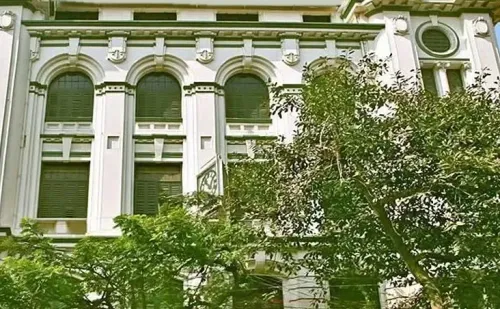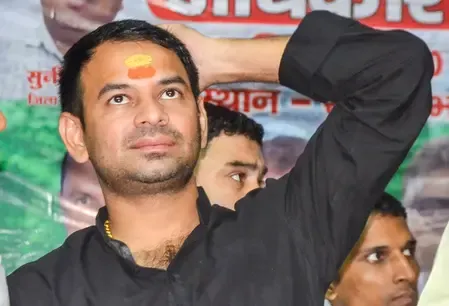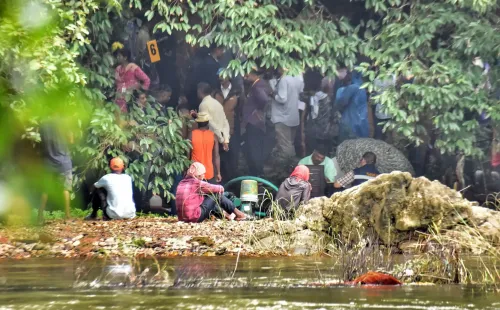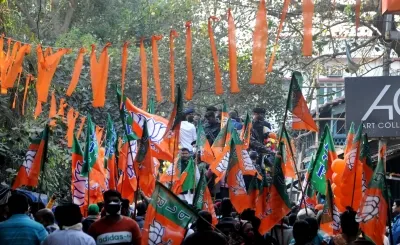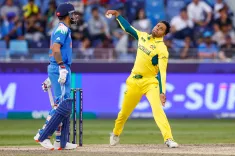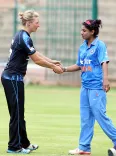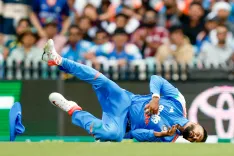Is NIA Matching Tahawwur Rana’s Voice and Handwriting with Evidence from 26/11?
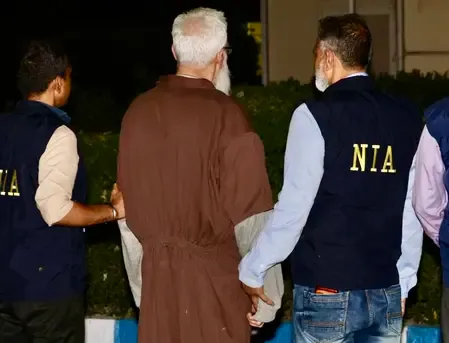
Synopsis
Key Takeaways
- Tahawwur Rana is under investigation for his alleged role in the 26/11 attacks.
- The NIA is matching voice and handwriting samples to gather evidence.
- Rana claims he has no connection to the planning of the attacks.
- David Coleman Headley is a key figure, currently incarcerated in the U.S.
- Further inquiries will reconstruct the events leading to the attacks.
New Delhi, May 1 (NationPress) A Special NIA court in Delhi has granted permission for the federal anti-terror agency to obtain voice samples from Pakistani-Canadian national Tahawwur Rana and compare them with recordings of his phone conversations with 26/11 co-accused David Coleman Headley, as reported by an official on Thursday.
Additionally, Rana’s handwriting samples will be analyzed against written instructions, coordinates, and maps suspected to have been shared with Headley to aid in scouting terror targets in Mumbai back in 2008, according to the official, who mentioned the trial court's approval received on Wednesday.
The NIA is also planning to take Rana to Mumbai and other locations to reconstruct the sequence of events leading up to the terror attack that claimed 166 lives.
On April 28, the Special NIA court extended Rana’s custody by another 12 days to facilitate further questioning by investigators.
Special Judge Charan Jit Singh accepted the plea from Senior Advocate Dayan Krishnan for additional time to uncover Rana’s involvement in the 2008 Mumbai attack.
Rana’s initial 18-day remand concluded on Monday, and he was presented in court to request a continuation of his NIA custody.
During the proceedings, the NIA informed the Special Judge about Rana's alleged evasive tactics during the questioning.
The NIA also expressed a need to take Rana to various other cities to recreate the timeline of events during his visits to India prior to the terror attack.
Previously, the court instructed the NIA to conduct a medical evaluation of Rana every 24 hours and allow him to consult with his lawyers every second day.
Throughout his 18-day remand, Rana was also interrogated by officers from the Mumbai Police. He asserted that he had “no connection whatsoever” to the planning or execution of the attack.
Rana further claimed that his childhood friend and co-accused, David Coleman Headley, was solely responsible for the reconnaissance and planning aspects of 26/11. Headley is currently incarcerated in the United States.
Headley, who has turned approver in the case, previously admitted to conducting reconnaissance missions across India, including in Mumbai, on behalf of Lashkar-e-Taiba (LeT).
During questioning, Rana disclosed that beyond Mumbai and Delhi, he had traveled to Kerala. When inquired about the purpose of his visit to Kerala, he claimed he went there to meet an acquaintance, providing the agency with that individual's name and address.
Rana, a former officer of the Pakistan Army’s Medical Corps, was recently extradited to India from the U.S. to face justice concerning the Mumbai attack case.

